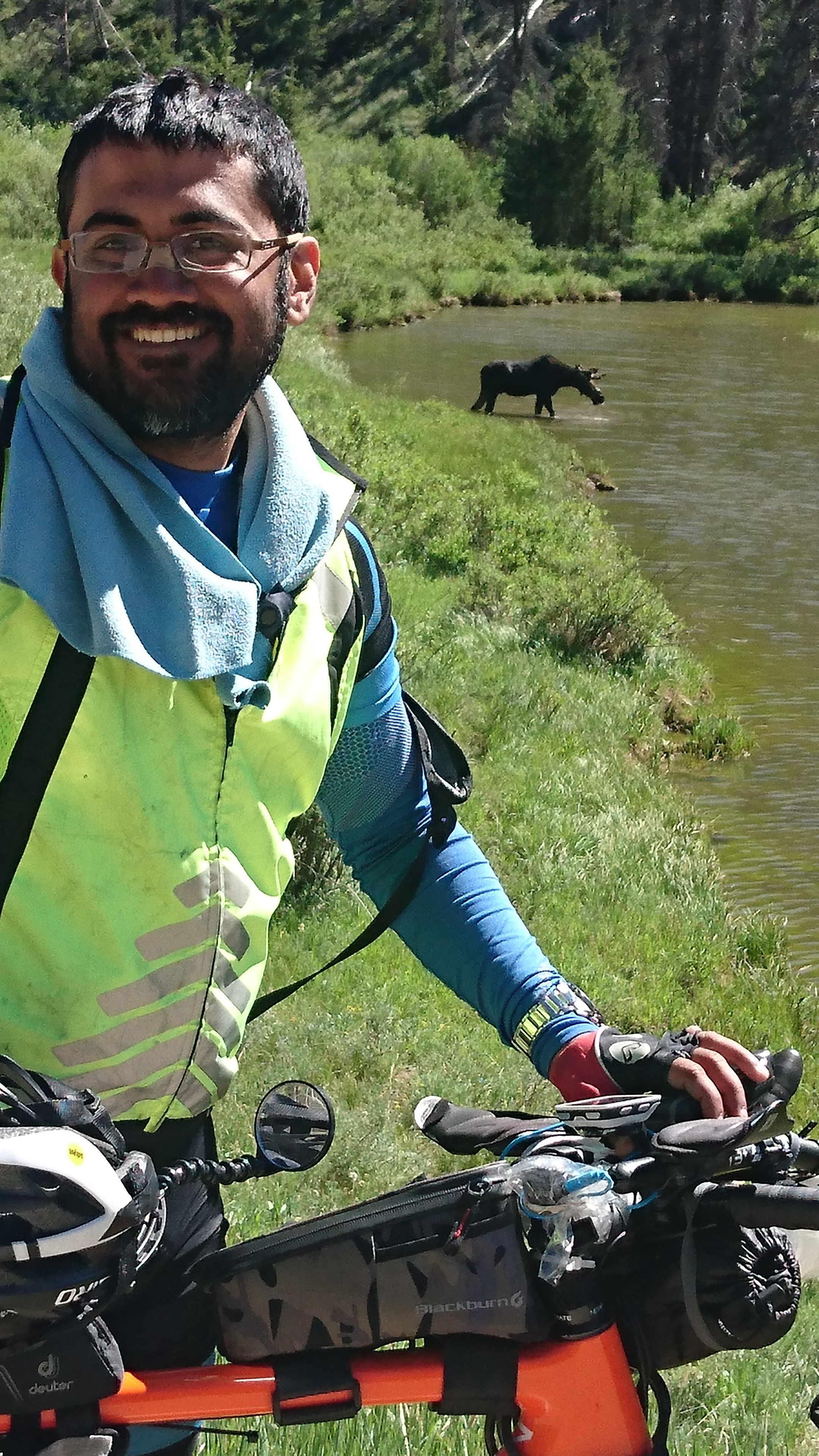Tips on buying a first bike
I've had a couple of people asking me for tips about buying their first bike, so I put my thoughts down into this blog post.
Type of bike One question that often gets posed by people wanting to get started with biking is what kind of bike they ought to buy. If the person only wishes to do a sub-ten kilometer commute to work, for instance, practically any light single speed city bike would suffice, but if the terrain is challenging or the person wants to do something more than simple competing, such as speed training or going on longer rides, one has to choose carefully. A light city bike could end up with punctures, bent rims or worse, a broken fork, if taken off-road. A mountain-bike, which is perfect for off-roads might prove to be terribly exhausting on a longer ride, so it's important to know what you want to do with the bike, and then buy the appropriate bike. The terrain and weather are two important factors for consideration, while thinking about a bike purchase.
Used vs new bike It's a whole lot easier to buy a new bike than an old one, particularly if one doesn't know much about bikes. What might seem a good deal on a used bike might prove to be a costly affair if key components such as gears or bearings are worn out. If you lack knowledge of bikes, your lack of knowledge might lead to your ignoring tell-tale warning signs, leading to more damage or complete failure of components, so a new bike is generally a safer bet.
Cost vs quality At the next level of choice making is the cost/quality. A cheap bike is not necessarily a poor choice and a costly one is not necessarily a good one, so one needs to do a lot of research before buying. While some people term all cheap bikes as strict no-nos, I think cheap bikes are perfectly okay for short commutes. When buying cheap bikes, try to avoid all fancy features, as it's not possible to provide both good features while keeping the price low, so chances are that the workmanship/quality is bad. For example, a cheap single speed bike is likely more reliable than a cheap bike with a cheap gear system. Same goes for suspension, disk brakes etc. Don't let the seemingly fancy features on cheap bikes nudge you towards a buying decision. Also, don't ever buy a bike simply because it's so cheap that you can get a new one instead of repairing it; you'll probably end up with a bike that's worse than nothing. Even in cheap bikes, look for features that indicate easy maintenance and/or upgradability. Check the frame to see how cables are routed and brakes are mounted; cables, brake pads, brake systems, gears etc can all be replaced or upgraded, if the design allows for it. A bicycle is actually the frame and not the accessories, so try and buy a bike with a well designed frame of reasonable quality. If you can afford it, look for better features, in this order: frame, gears, brakes, suspension.
Frame material Bicycle frames are made of various materials; steel, aluminium, carbon fiber, and titanium being most popular. For a first bike, aluminium is often a good choice as it's both light and strong and corrosion resistant.
Expectations Many people who buy bicycles for the first time often try to buy a bike which they think can do everything, but this is never really possible. Don't expect to be able to do a hundred mile ride on a folding bike or a mountain trail on a road bike. You may well have to buy more than one bike, if you wish to do different things on a bike.
Upgrade Path Just like in other hobbies such as photography where people start with simple point-and-shoots and then move on to better and more expensive equipment, bicycling too offers a dizzying array of choices, with prices varying from a few hundred dollars to several thousand dollars! My suggestion would be to start with basic equipment, get used to both riding it and maintaining it, before moving on to better things, as the experience one gains along the way can both save money and avoid trouble. The experience of working with bikes also opens up other possibilities such as building custom bikes or spotting good deals on the used bicycle market and restoring them, if needed.
